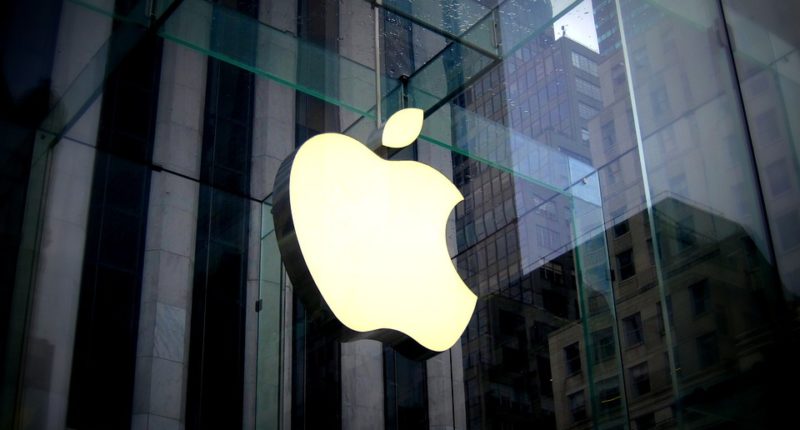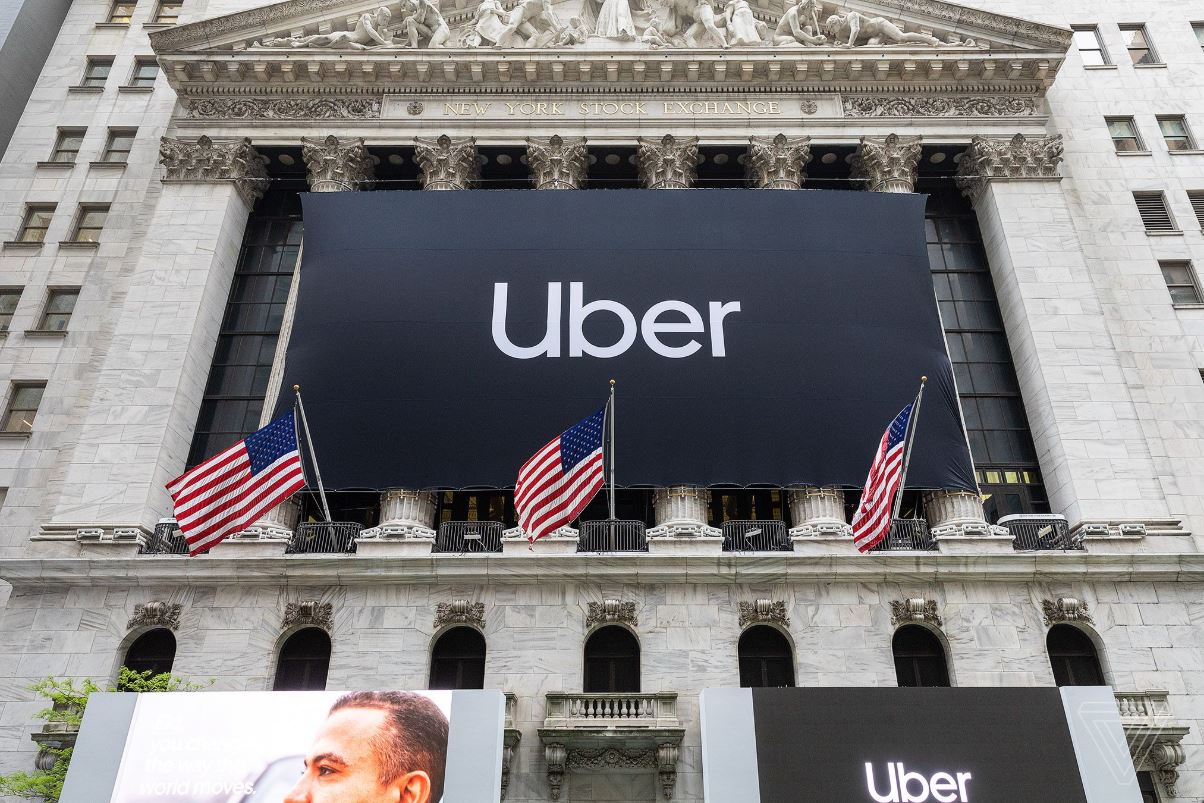Technology giant Apple has been slapped with a fine of €25 million (about $27 million) in France because of iOS update that throttled performance of the older iPhones. The ruling says that since Apple didn’t warn its customers, it essentially lied by omission to get users to buy new devices.
Along with paying the fines, the company will also have to display a statement on its website for a month. The fine comes from the Directorate General for Competition, Consumer Affairs and Fraud Prevention (DGCCRF), a competition and fraud watchdog.
It had accessed Apple of failing to warn users that iOS versions 10.2.1 and 11.2 would slow down the iPhone 6, 7, and SE models. The DGCCRF has also revealed that Apple had agreed to pay the fine and display a statement on its website.
In the year 2017, it was discovered that Apple deliberately throttles older iPhones through power management features, which was later acknowledged by Apple after several users corroborated the reports.
Acknowledging that it caps the phone’s performance, Apple had said that the purpose of the restrictions was to keep the iPhones from shutting down as the battery degraded.
However, the company had never communicated this to its customers who didn’t know that they could reverse the throttling by replacing their battery and didn’t have to buy an entirely new device.
The DGCCRF said that, since users weren’t warned about the throttling, and weren’t allowed to revert to their previous version of iOS either, “this lack of information to consumers constituted a misleading commercial practice by omission.”
In the wake of this controversy, Apple started a battery replacement program, reducing the price of its battery by $50 for a year. This reportedly resulted in about 10 times more people buying new batteries to expand the lifespans of their older phones.
Apart from this €25 million fine in France, the company has been fined €5 million by the Italian authorities and faced multiple lawsuits as well as an investigation from the Department of Justice over this performance throttling controversy.
The Tech Portal is published by Blue Box Media Private Limited. Our investors have no influence over our reporting. Read our full Ownership and Funding Disclosure →






